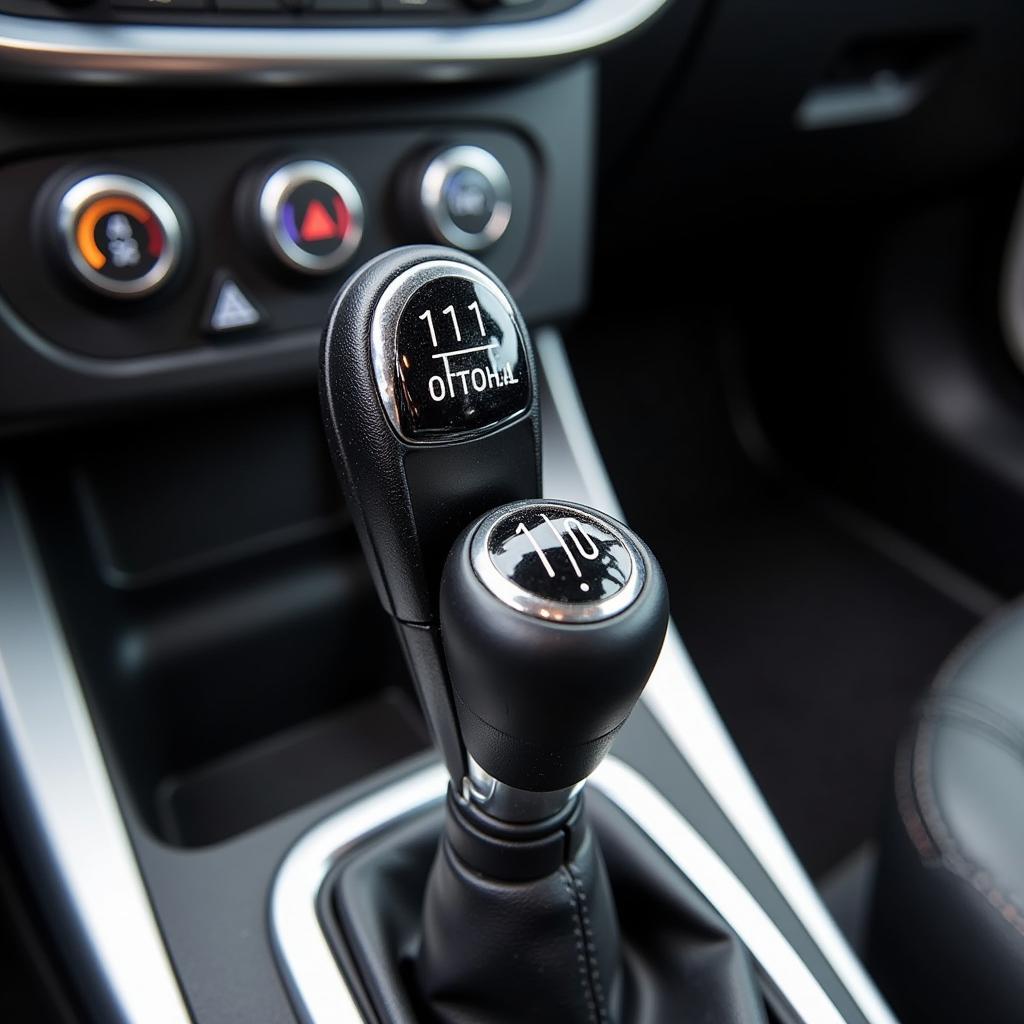The BMW X3 is a popular luxury SUV known for its sleek design, powerful engine, and impressive handling. However, like any vehicle, it’s not immune to problems. This article will delve into common Bmw X3 Car Problems, their causes, and how to address them. Whether you’re a BMW X3 owner or work in the automotive repair industry, this guide will equip you with the knowledge to diagnose and fix these issues effectively.
Common BMW X3 Car Problems: What to Expect
BMW X3 models are known for their reliability, but certain issues can arise over time. Understanding the most common problems and their causes will help you stay ahead of potential repairs.
Engine Issues
Engine Problems:
- Engine Stalling: A common culprit is a faulty fuel pump, which can cause the engine to stall unexpectedly.
- Misfires: Misfires often stem from faulty spark plugs, ignition coils, or fuel injectors, leading to rough idling or engine power loss.
- Check Engine Light: The “check engine light” can be triggered by various issues, from a loose gas cap to a more serious problem like a catalytic converter failure.
Possible Causes:
- Faulty Fuel Pump: A failing fuel pump might not deliver adequate fuel pressure to the engine.
- Spark Plug Issues: Worn-out or fouled spark plugs can hinder ignition and cause misfires.
- Ignition Coil Problems: A faulty ignition coil can prevent spark delivery to specific cylinders.
- Catalytic Converter Failure: A damaged catalytic converter can cause exhaust restrictions, impacting engine performance.
Transmission Issues
Transmission Problems:
- Shifting Problems: Issues like delayed or rough shifting, slipping gears, or transmission fluid leaks can indicate transmission problems.
- Transmission Fluid Leaks: Leaks can occur due to worn seals, cracked hoses, or damaged transmission pan.
Possible Causes:
- Worn Clutch Plates: Clutch plates wear down over time, leading to slipping or rough shifting.
- Faulty Transmission Control Module (TCM): The TCM controls transmission operation, and a malfunction can cause shifting issues.
- Low Transmission Fluid: Insufficient transmission fluid can cause overheating and damage.
Electrical Issues
Electrical Problems:
- Electrical Short Circuits: Faulty wiring or damaged connectors can cause short circuits, leading to electrical failures.
- Battery Issues: Battery problems, like a weak battery or faulty charging system, can affect electrical components.
- Faulty Sensors: Various sensors, such as the oxygen sensor or the crankshaft position sensor, can malfunction, impacting engine performance and triggering warning lights.
Possible Causes:
- Damaged Wiring: Wire insulation degradation or damaged connectors can lead to short circuits.
- Faulty Battery: A weak or dying battery can struggle to power electrical systems.
- Alternator Failure: A faulty alternator may not charge the battery effectively.
Suspension and Steering Issues
Suspension and Steering Problems:
- Suspension Noise: Clunking, knocking, or rattling noises from the suspension may indicate worn suspension components.
- Steering Wheel Vibration: Vibration while driving, especially at high speeds, might be due to tire imbalance, worn wheel bearings, or suspension issues.
- Loose Steering Wheel: Play in the steering wheel could indicate a loose steering column or faulty steering linkage.
Possible Causes:
- Worn Shocks and Struts: Worn shock absorbers and struts can affect handling and lead to noise.
- Faulty Ball Joints: Ball joints connect suspension components and can wear out, causing clunking noises.
- Worn Tie Rods: Tie rods connect the steering wheel to the front wheels, and worn ones can lead to loose steering.
Other Common Problems
- Braking Issues: Worn brake pads or rotors, faulty calipers, or leaks in the brake system can lead to braking problems.
- Cooling System Issues: A leaking radiator, faulty water pump, or thermostat malfunction can cause overheating.
- Air Conditioning Problems: Issues like low refrigerant levels, a faulty compressor, or blocked air vents can affect air conditioning performance.
“BMW X3’s are often plagued with a few common issues, especially with the electrical system. Faulty sensors and wiring can cause major headaches.” – David Johnson, Master Automotive Technician
How to Diagnose and Fix BMW X3 Car Problems
Pinpointing the cause of a BMW X3 issue can be challenging, as symptoms can overlap. Here are steps for diagnosis and repair:
- Check Warning Lights: Pay attention to warning lights on the dashboard. They provide valuable clues about potential problems.
- Consult the Owner’s Manual: Your owner’s manual provides information on common issues, troubleshooting tips, and potential solutions.
- Use a Diagnostic Scanner: A scan tool can retrieve diagnostic trouble codes (DTCs) from your car’s onboard computer, providing insights into the problem’s location.
- Inspect Fluids and Components: Check fluid levels (engine oil, transmission fluid, coolant), inspect belts and hoses, and visually examine components for damage or wear.
- Seek Professional Help: If you’re unable to diagnose or fix the problem yourself, consult a reputable mechanic specializing in BMW vehicles.
“It’s crucial to address any warning lights or unusual noises promptly to prevent further damage and costly repairs.” – Sarah Miller, BMW Specialist
Conclusion
Owning a BMW X3 can be a rewarding experience, but it’s essential to be aware of potential problems. By understanding common issues and adopting proactive maintenance practices, you can ensure your BMW X3 runs smoothly and reliably. Remember, seeking professional help when needed can save you time, money, and frustration in the long run.
 Diagnosing BMW X3 problems with a scan tool
Diagnosing BMW X3 problems with a scan tool
 Expert BMW X3 repair at a specialized shop
Expert BMW X3 repair at a specialized shop
For expert BMW X3 repair and maintenance, contact AutoTipPro at +1 (641) 206-8880 or visit our office at 500 N St Mary’s St, San Antonio, TX 78205, United States.
FAQ
Q: What is the average lifespan of a BMW X3?
A: With proper maintenance, a BMW X3 can last 150,000 to 200,000 miles or even longer.
Q: Are BMW X3 parts expensive?
A: BMW parts can be pricier than those for more mainstream brands, but there are alternative options available.
Q: How often should I service my BMW X3?
A: Refer to your owner’s manual for specific servicing intervals. Generally, follow a schedule of annual inspections or every 10,000 miles.
Q: What are the signs of a failing transmission in a BMW X3?
A: Symptoms include slipping gears, delayed or rough shifting, and transmission fluid leaks.
Q: How can I prevent common BMW X3 problems?
A: Stick to a regular maintenance schedule, use high-quality fluids, address warning lights promptly, and seek professional help when needed.







Leave a Reply